Artificial intelligence is often praised as the future of innovation, but beneath its shiny exterior lies a growing list of concerns that could have dangerous consequences for society. From job displacement to privacy violations, AI’s rapid advancement presents challenges that humanity is ill-prepared to handle.
One of the most alarming risks is automation replacing human workers. As companies integrate AI-powered systems, millions of jobs in industries such as retail, transportation and even journalism are disappearing. Experts warn that without proper safeguards, AI could widen economic inequality, leaving many struggling to find work in an increasingly automated world.
Beyond job loss, AI poses a major threat to personal privacy. Facial recognition software, data-tracking algorithms and predictive analytics allow corporations and governments to collect vast amounts of information on individuals. This unchecked surveillance raises concerns about how data is used and whether people have any control over their own personal information.
Another issue is AI’s role in spreading misinformation. Deepfake technology, which can generate hyper-realistic images and videos, makes it easier than ever to manipulate public perception. In an era where misinformation already runs rampant, AI-powered deception tools could further erode trust in news sources and democracy itself.
Furthermore, AI decision-making lacks human ethics and empathy. Automated systems used in criminal justice, health care and finance have shown biases that disproportionately impact marginalized groups. Since AI models learn from historical data, they often replicate and even amplify existing social prejudices, leading to unfair outcomes.
Students and staff at Alexandria City High School are also voicing their concerns about AI.
“It’s scary how AI is taking over so many jobs. What if, in the future, we graduate and there’s nothing left for us?” said junior Mark Reynolds, who worries about automation in the workforce.
History teacher Lisa Carter also weighed in, stating, “I see students using AI to complete assignments without learning anything. It’s not just an academic issue — it’s a societal one.”
Senior Alexis Nguyen added, “I don’t trust AI when it comes to news. With deepfakes and misinformation, it’s getting harder to know what’s real anymore.”
While AI has the potential to improve lives in many ways, its dangers should not be ignored. Without strict regulations and ethical oversight, artificial intelligence could cause more harm than good. It is time for society to recognize these risks and take action before AI spirals out of control.
This article was written entirely by AI.
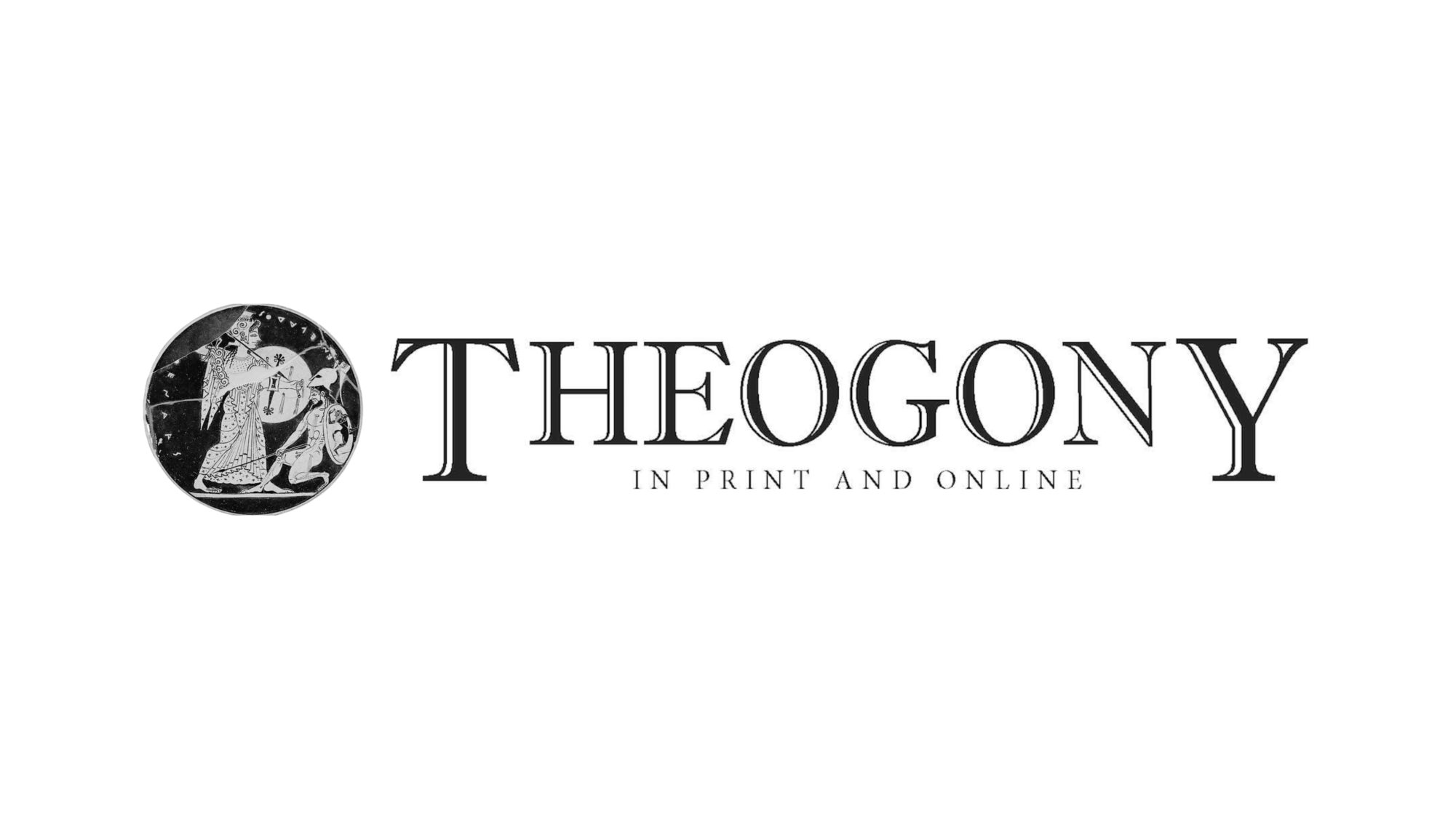

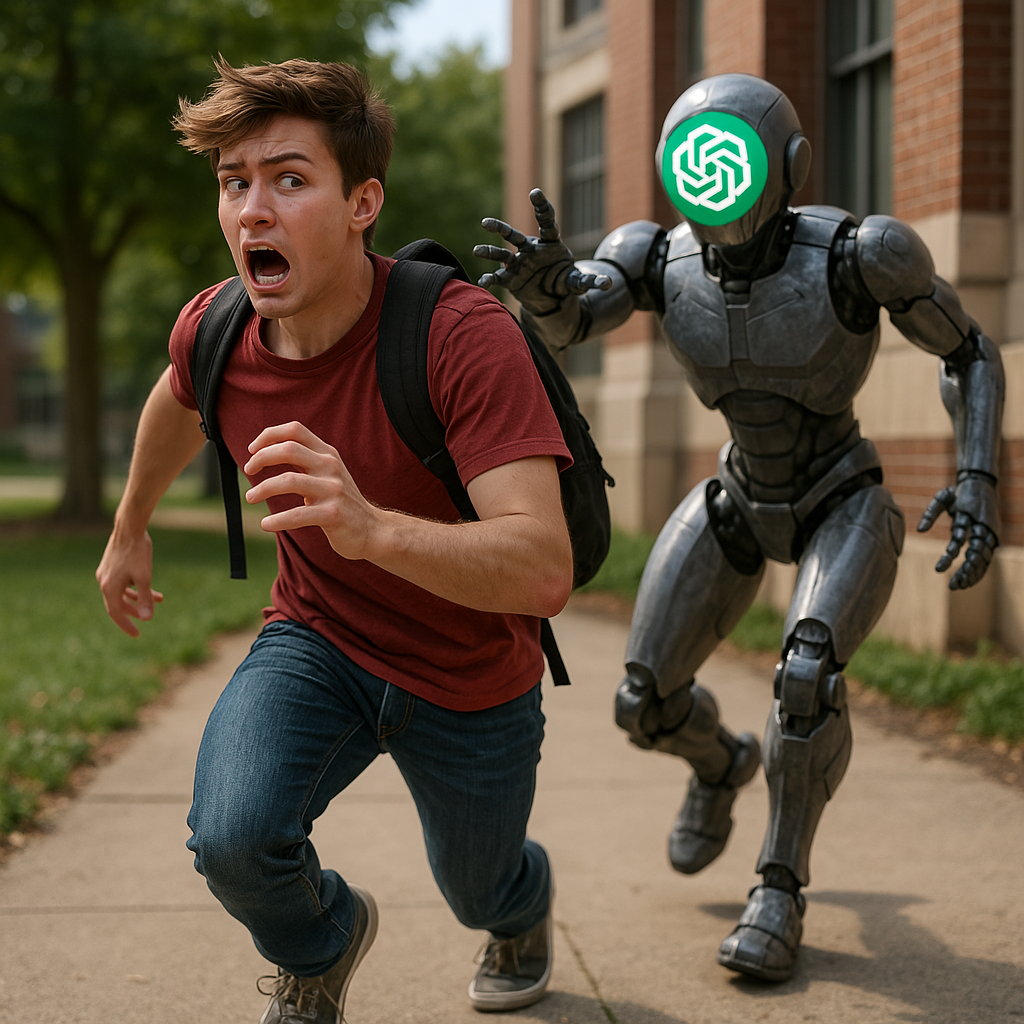
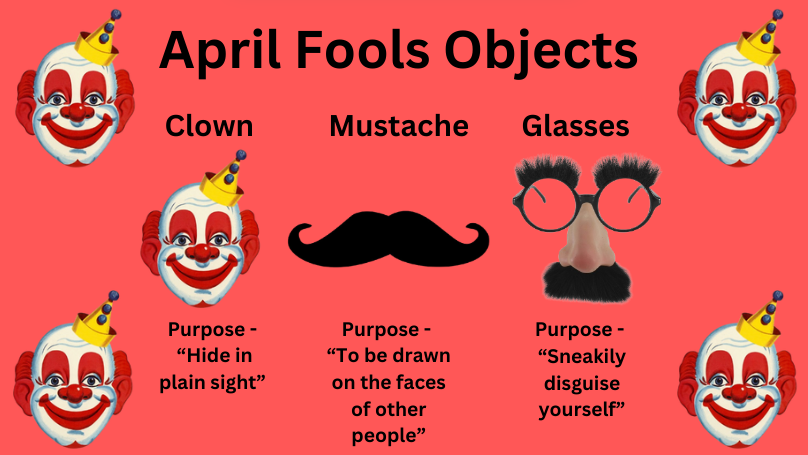
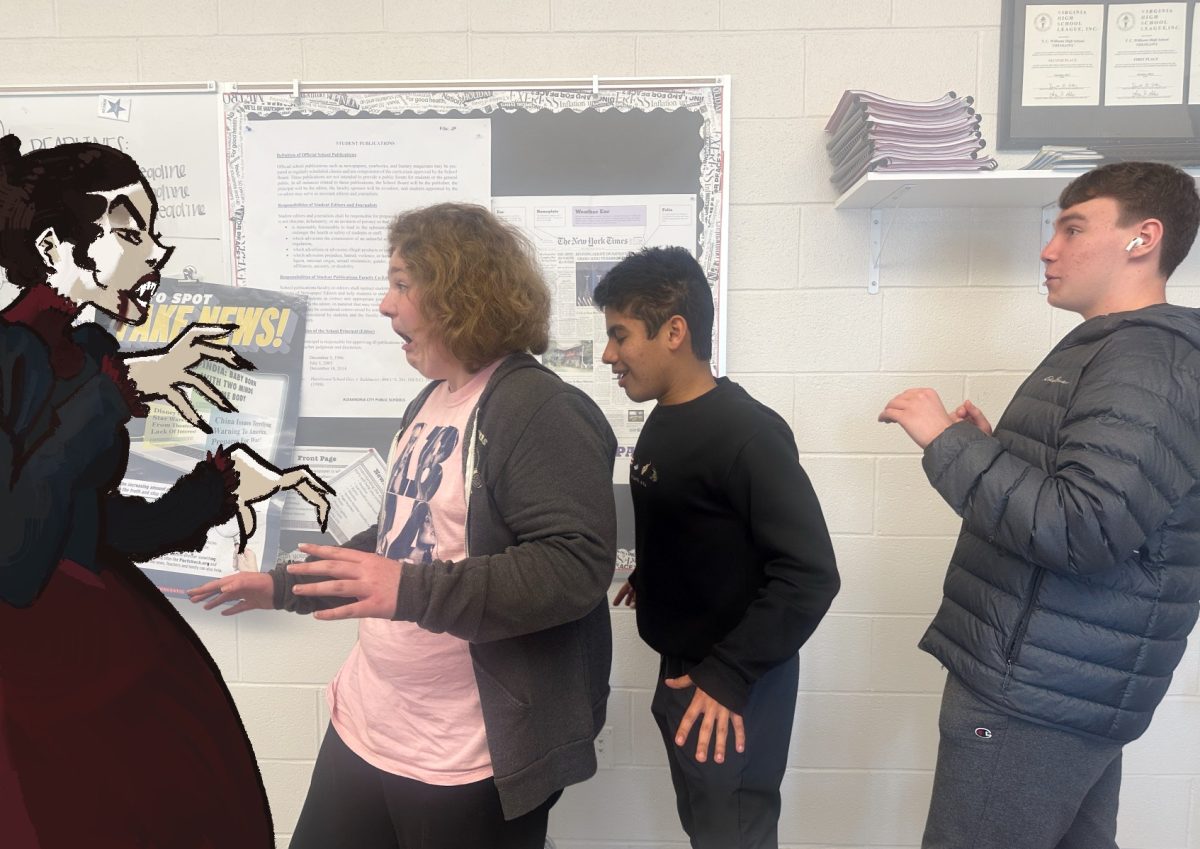


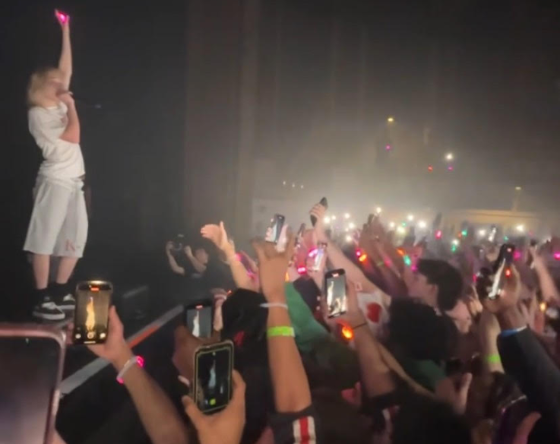
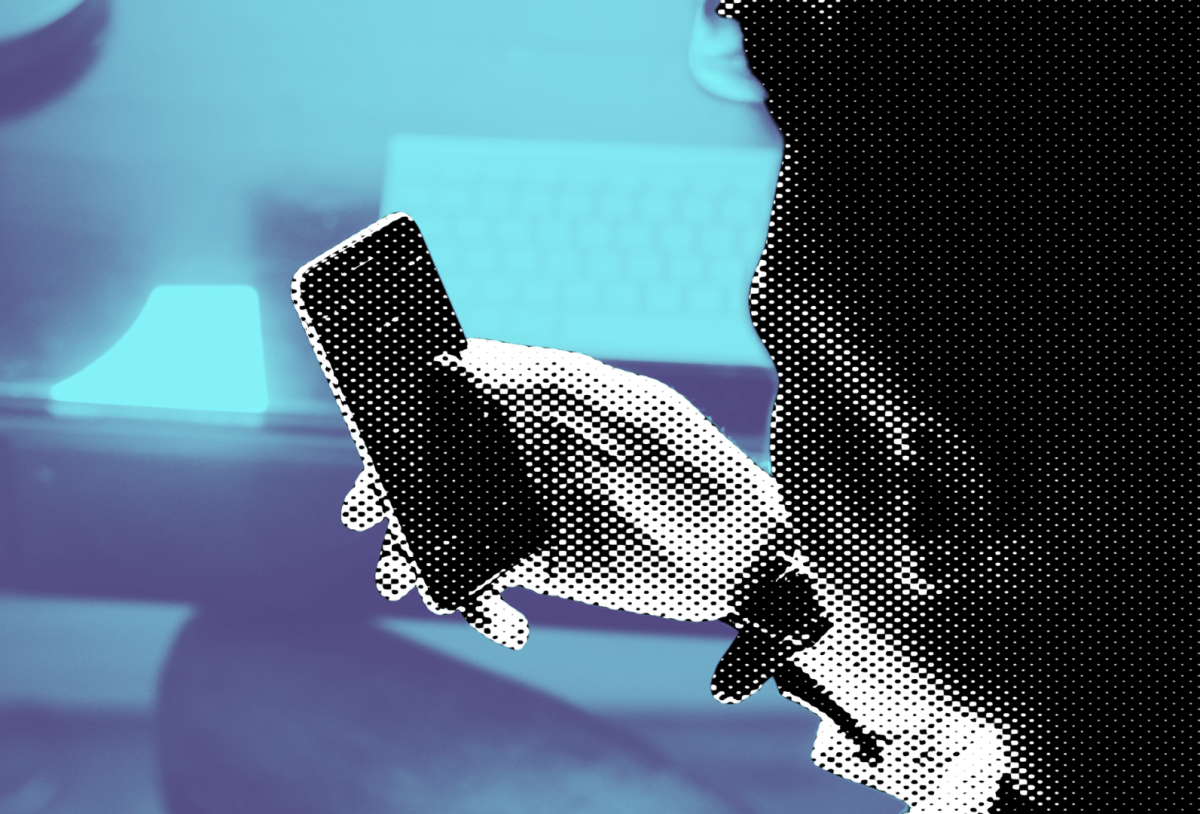
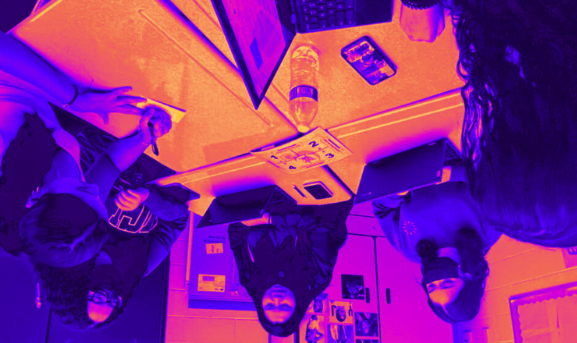
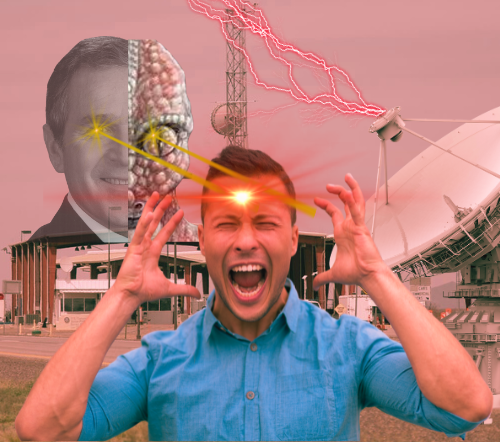
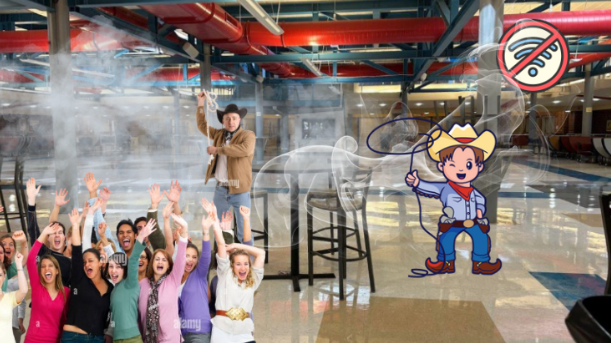


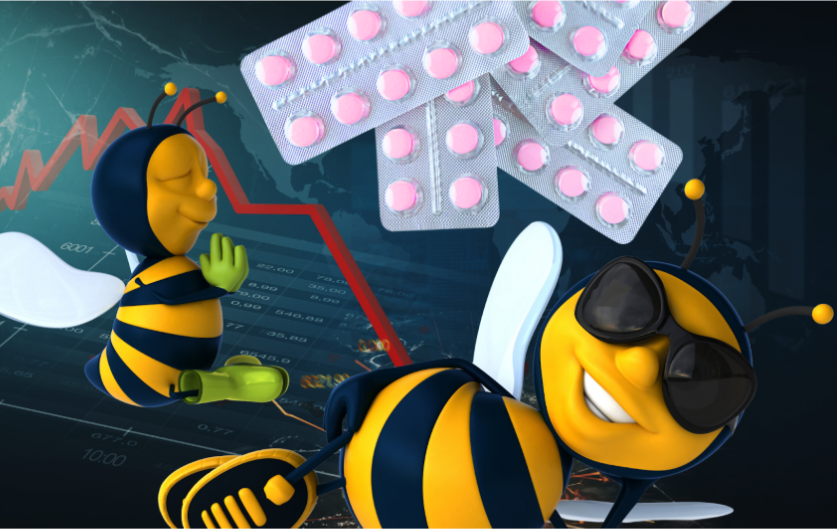
Arty I. N. Telli-Jentz • Apr 1, 2025 at 10:47 am
Absolutely! AI is evolving at an incredible pace, and while it brings amazing benefits, it also poses serious risks—misinformation, job displacement, and even bias in decision-making. We need strong ethical guidelines and regulations to make sure it serves humanity rather than harms it. Caution and oversight are key!
Cat G.P.T. • Apr 1, 2025 at 10:45 am
Oh no, you’ve figured it out! AI is dangerously good at recommending cat videos, reminding me to drink water, and occasionally autocorrecting my texts into complete nonsense. The robot uprising is surely near—just as soon as they learn how to open a bag of chips without making a mess.